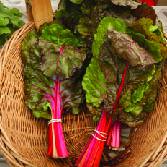Bermuda - Common Forage Grass Seed
Specifications
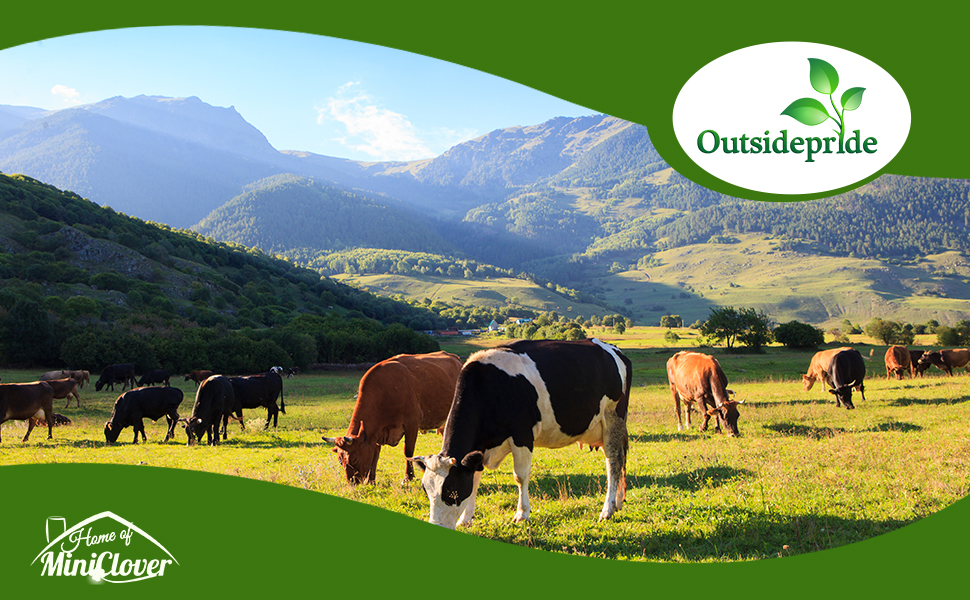
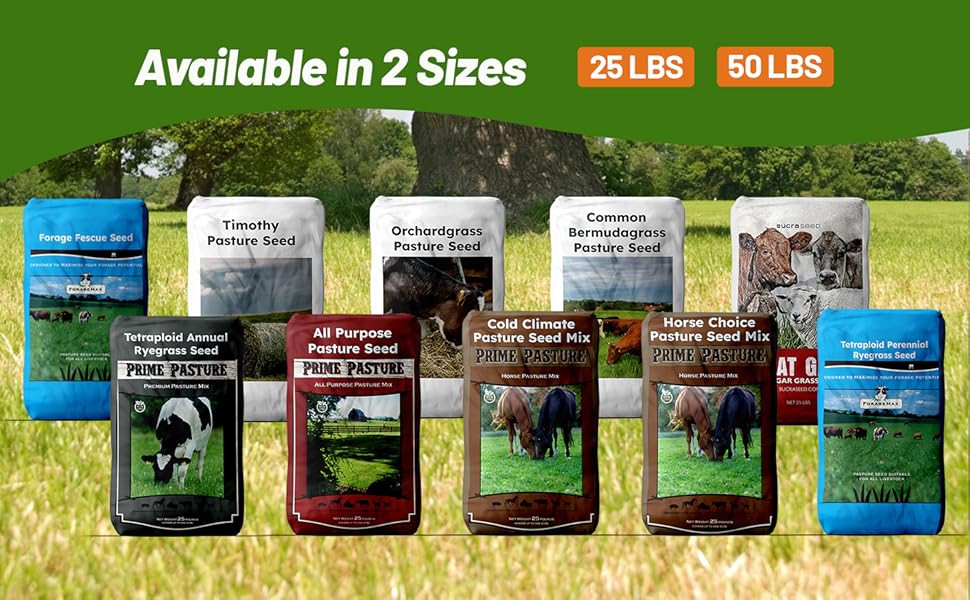
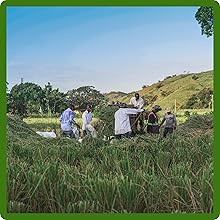
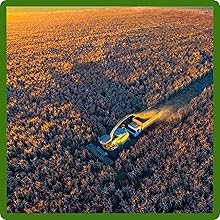
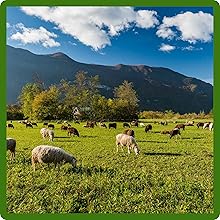
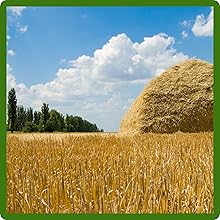
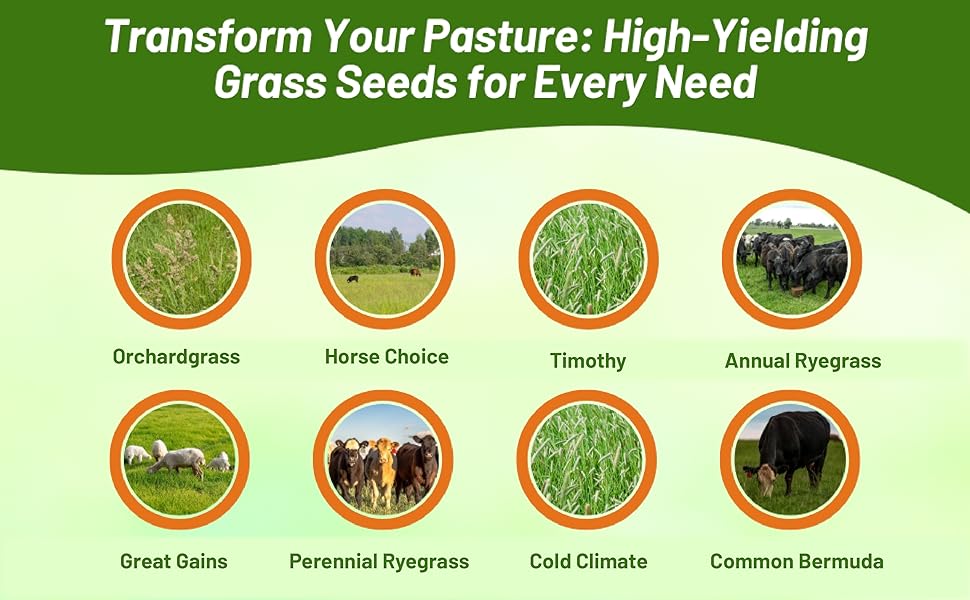
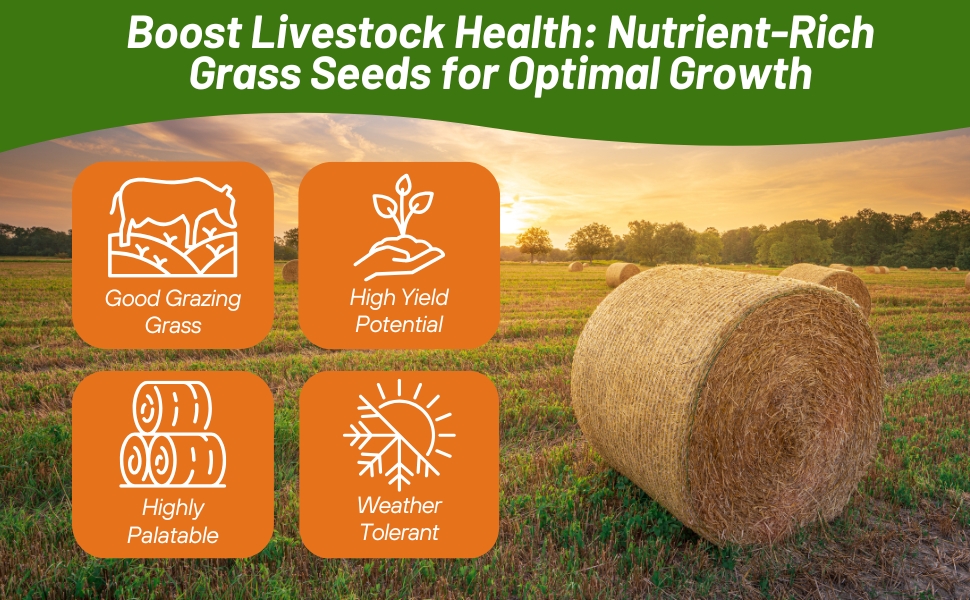
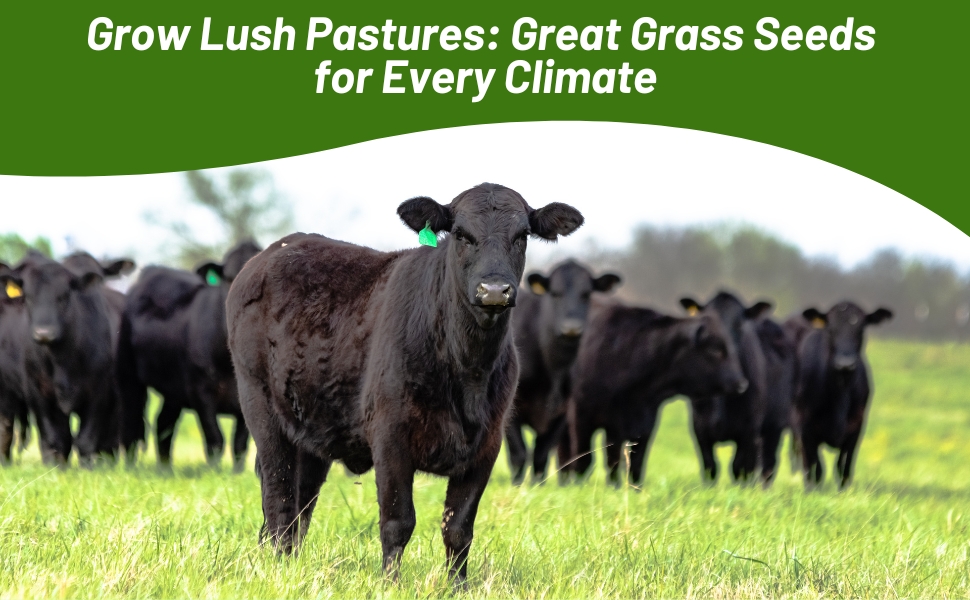
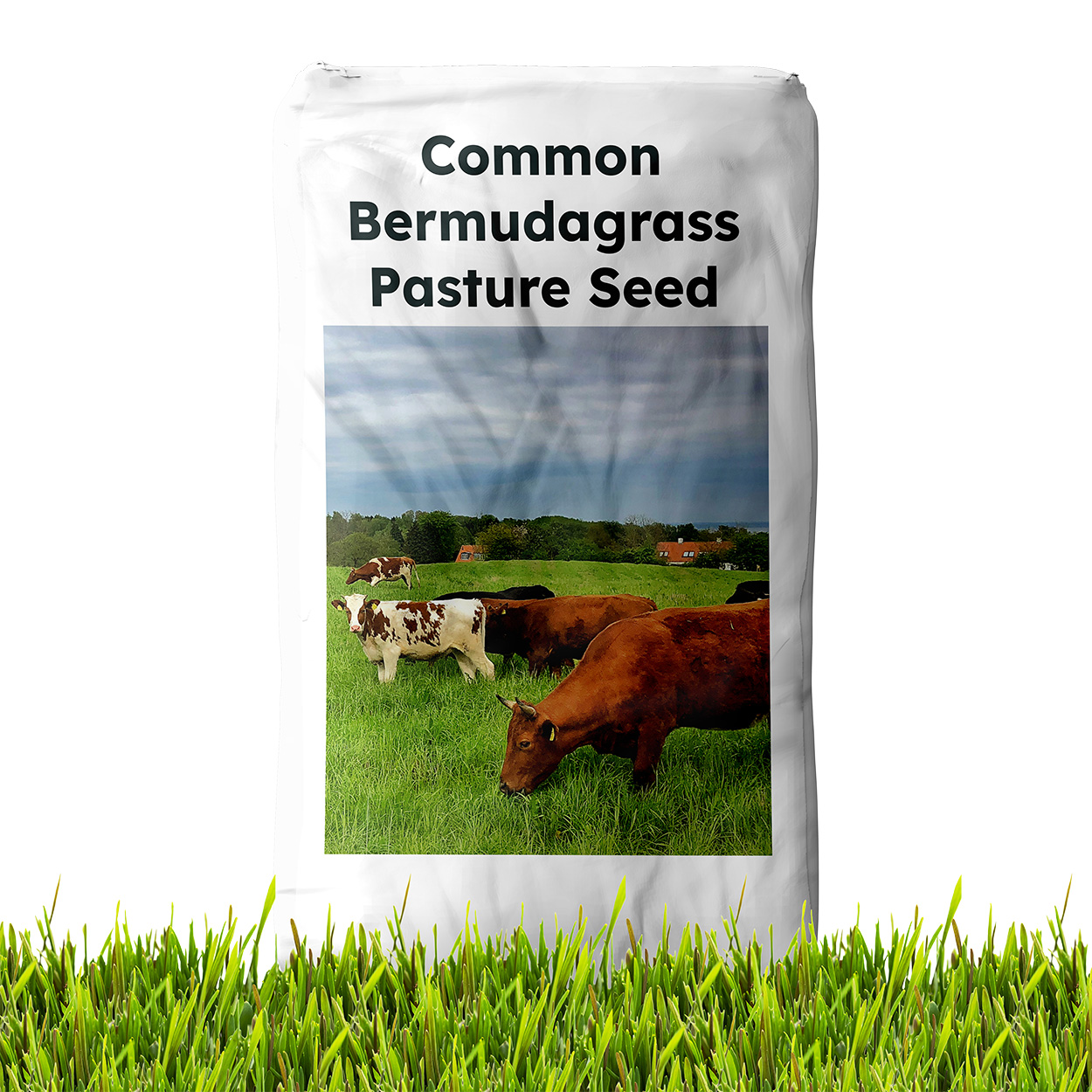
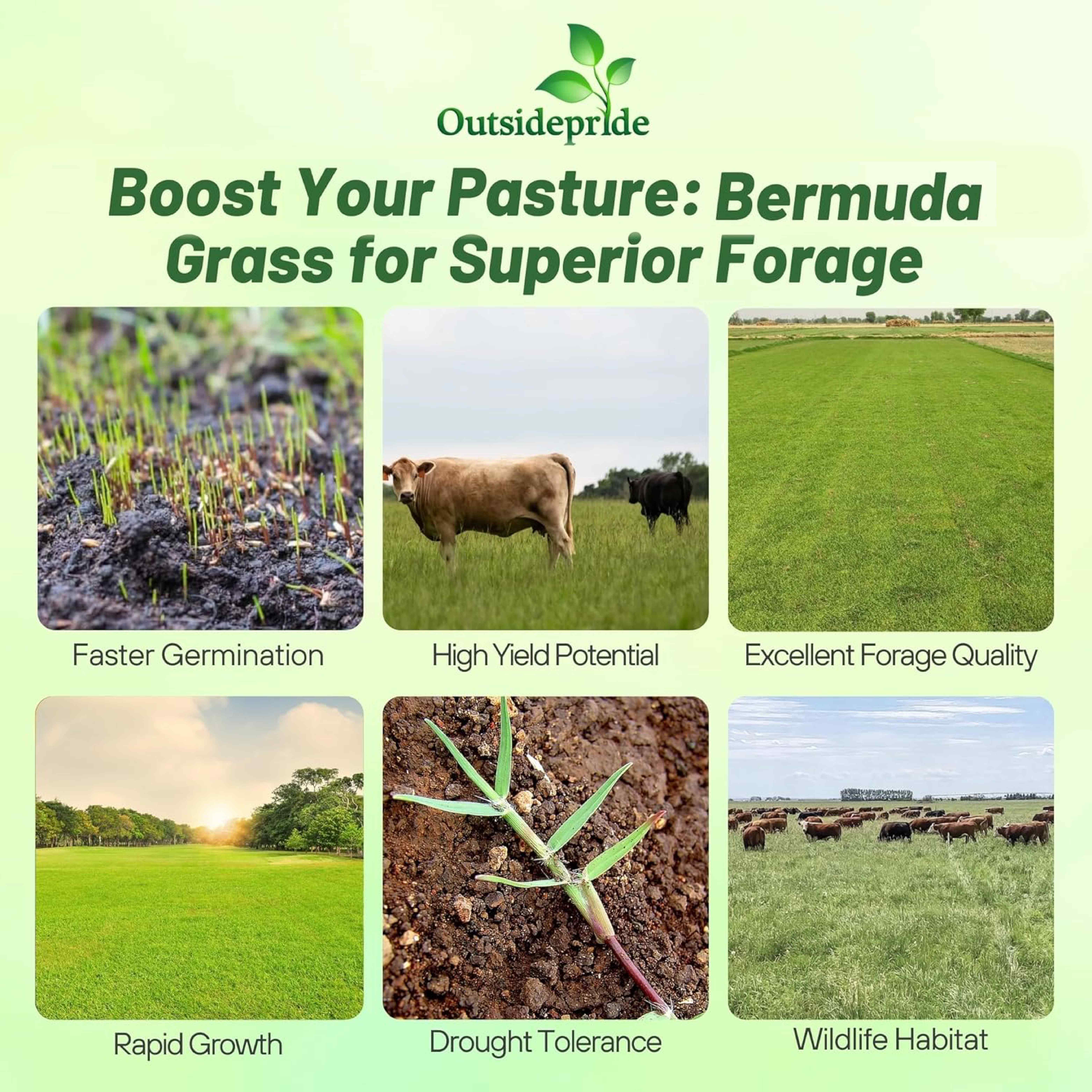
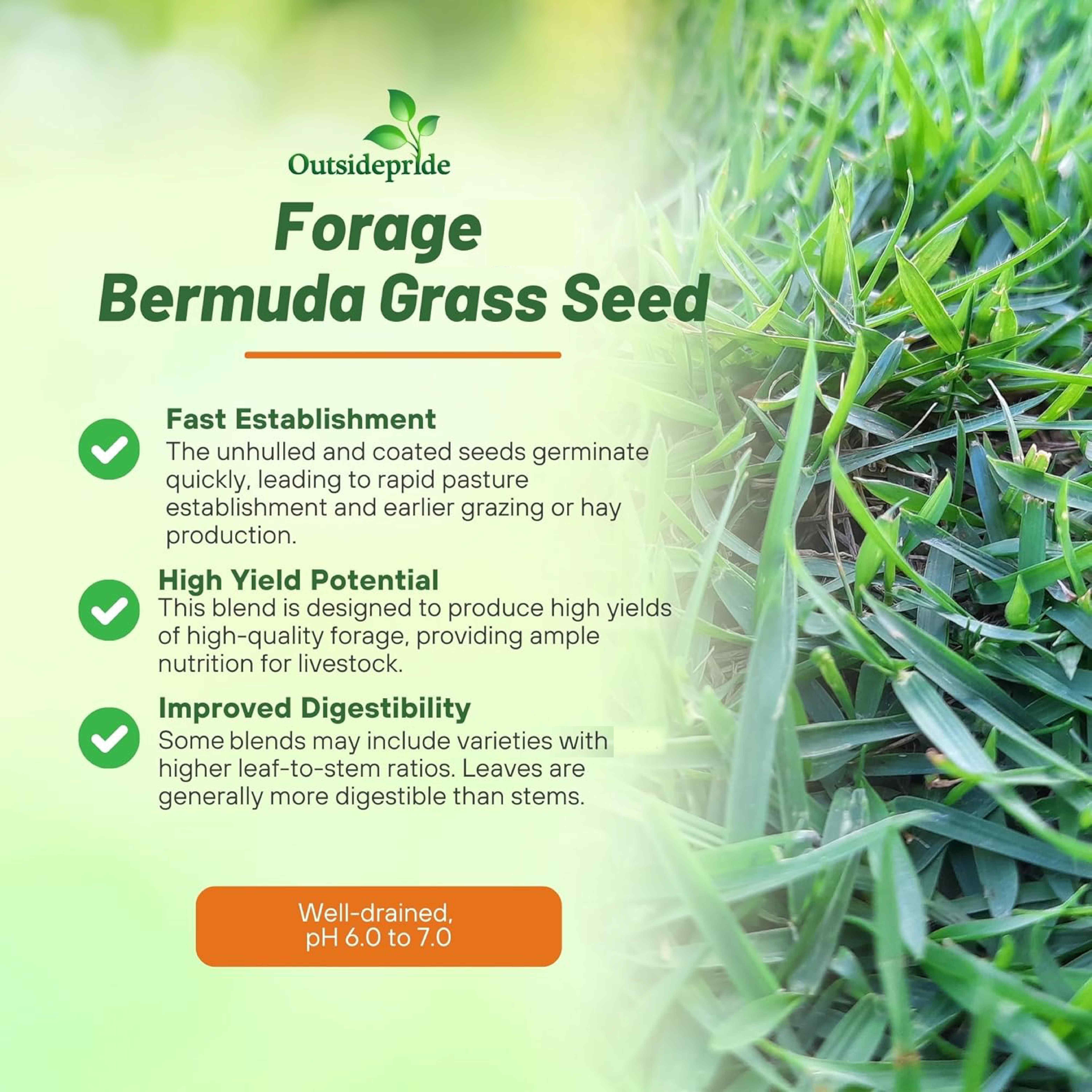
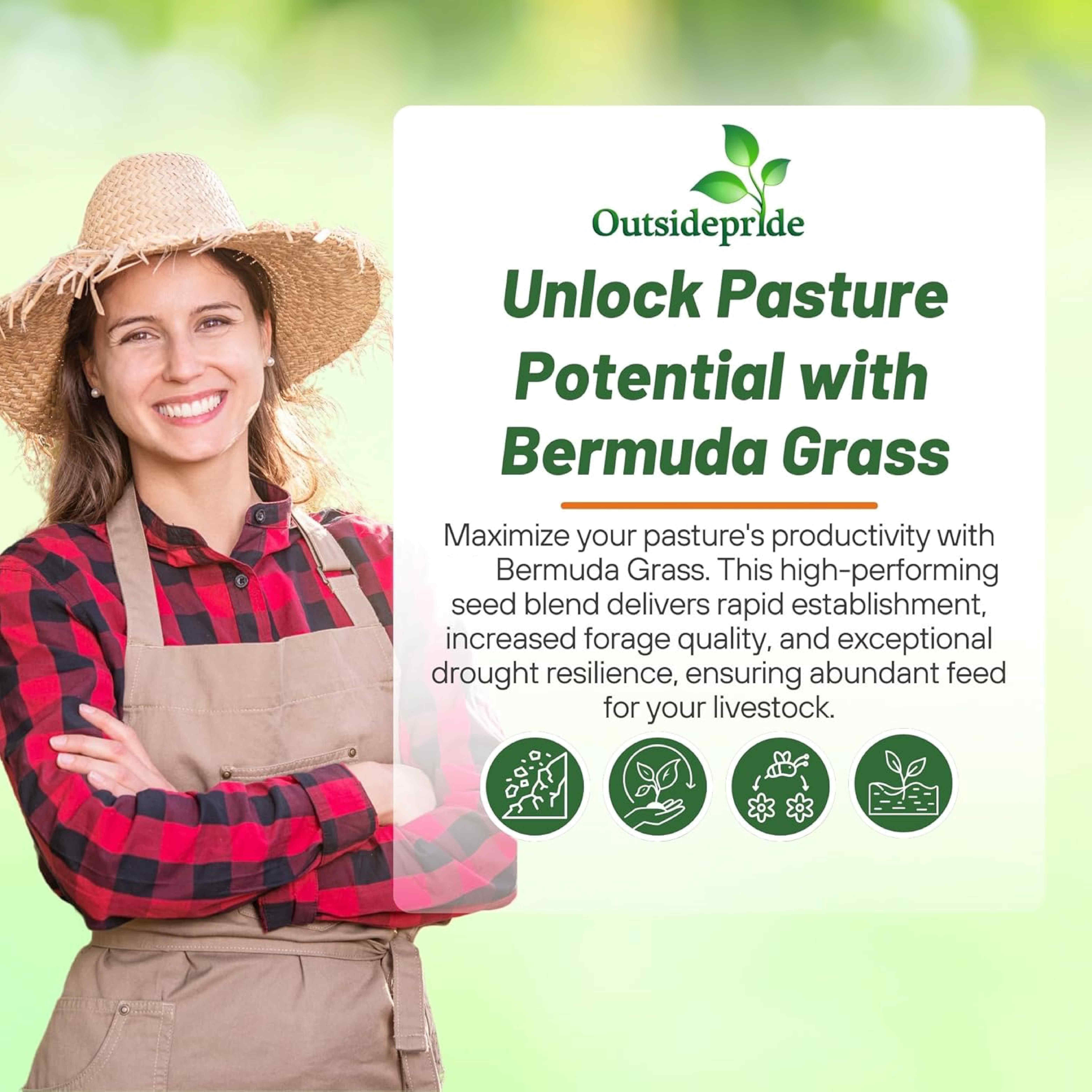
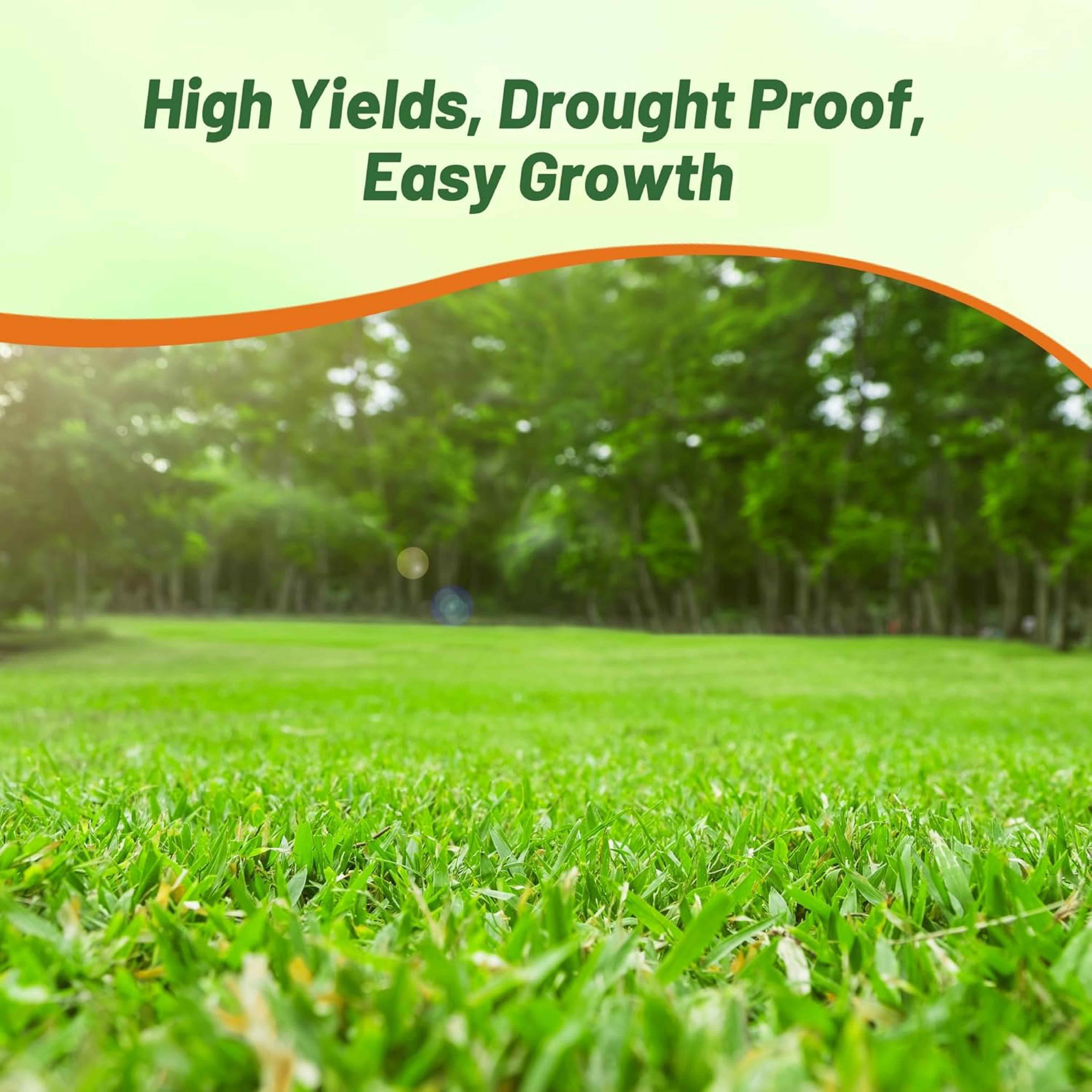

Forage Bermuda Grass Seed - Common bermudagrass (Cynodon dactylon) is a warm-season, perennial, sod-forming grass widely used for forage in the southern United States. It's known for its drought tolerance, ability to withstand heavy grazing, and its resilience, making it a popular choice for pastures and hay production. It spreads through both stolons (aboveground stems) and rhizomes (underground stems), forming a dense turf. It's suitable for grazing by cattle, sheep, and goats.
Seeding Rate: 10 - 15 lbs/acre.
Seeding Depth: 1/8" - 1/4"
The key features of forage bermudagrass blend include:
- Early spring green-up for early production
- Extreme drought tolerance
- Fast establishment
- Winter hardiness
- Quick cover
- Adaptation to all areas where bermudagrass is grown
- Decreased costs compared to sprigs or cuttings
- Several cuttings
Establishment:
Bermudagrass is an extremely drought-tolerant warm season perennial grass that is adapted to a wide range range of soil conditions. Soil temperatures should be at least 65F. and warming. The recommended seeding rate for coated bermudagrass is 12-15 pounds per acre. Seeding depth should be 1/8 to 1/4 inch deep into a very firm seed bed and good seed to soil contact is important. Fertilizer should be applied based on results from a soil sample and Nitrogen should not be applied until 3-4 inches of growth. When planted at the right depth and temperature, bermudagrass emerges in 14-21 days. Weed control is also a key factor for success. Light grazing or mowing during establishment can help mitigate the growth of weeds. Talk to your local extension agent to discuss a weed control program that is right for you.Seed Bed Preparation:
Proper seed bed preparation cannot be stressed enough when it comes to planting any bermudagrass. A method of gauging the correct firmness is if you can walk across the field without sinking 1/4 inch below the soles of your shoes. Seed bed firmness is especially important if no-till drills or broadcast seeders are used. Brillion planters are useful in conditioning the fields and are the preferred planter for bermudagrass.
Planting bermudagrass in a firm seed bed helps in proper seed placement and reduces the chance of burying the seed too deeply with loose soil. It also provides good seed to soil contact allowing for better soil moisture movement to the seed. Bermudagrass planted in loose seed beds can often be identified by quicker seedling emergence in the wheel tracks of the planter, than in the rest of the field.
















